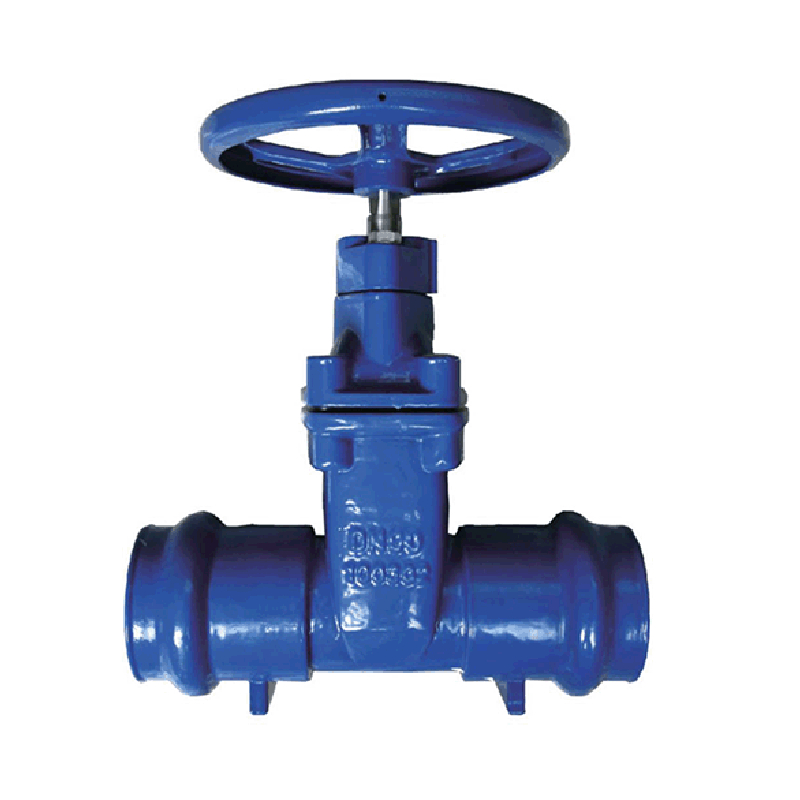Nov . 06, 2024 18:21 Back to list
Understanding the Functionality of Double Swing Check Valves in Fluid Systems
Understanding Double Swing Check Valves Features, Applications, and Advantages
A double swing check valve is a crucial component in various piping systems, particularly in water and wastewater management, as well as in industrial applications. This valve is designed to prevent backflow in a pipeline, ensuring that fluids only flow in one direction. In this article, we will explore the features, applications, and advantages of double swing check valves.
What Is a Double Swing Check Valve?
A double swing check valve, as the name suggests, functions with two hinged discs that rotate on a pivot. The unique design allows the discs to swing open when fluid flows in the intended direction. Conversely, when there is a reversal of flow or a drop in pressure, the discs close due to gravity and back pressure, effectively sealing the pipeline and preventing backflow. This functionality plays a vital role in protecting pumps and other equipment from potential damage caused by reversing fluid dynamics.
Key Features
1. Dual Disc Mechanism The main feature of a double swing check valve is its dual-disc design, which allows for a more flexible and efficient sealing mechanism compared to single disc models. This design provides reduced pressure drop and enhances flow characteristics.
2. Material Variety Double swing check valves are available in various materials such as stainless steel, ductile iron, and PVC. This versatility means they can be used in a wide range of applications, accommodating different fluid types and operating conditions.
3. Sizes and Configurations These valves come in a multitude of sizes, typically ranging from a few inches to several feet in diameter. They can be configured for horizontal or vertical installations, making them adaptable to various system layouts.
4. Low Maintenance Requirement Due to their straightforward design and durable materials, double swing check valves generally require minimal maintenance. This feature reduces downtime and operational costs over the valve's lifespan.
Applications
Double swing check valves are employed in numerous industries due to their reliability and efficient performance
. Some typical applications include1. Water Supply Systems In municipal water supply networks, these valves prevent backflow that could contaminate potable water supplies.
double swing check valve

2. Wastewater Treatment In wastewater management facilities, double swing check valves protect treatment equipment from backpressure and ensure proper flow direction.
3. Industrial Processes In various manufacturing and processing plants, these valves are used to maintain fluid integrity and protect machinery from reverse flow.
4. Heating and Cooling Systems In HVAC systems, they play a critical role in ensuring the efficient operation of heating and cooling fluids, thereby enhancing system performance and longevity.
Advantages
The choice to implement double swing check valves in a piping system provides several advantages
1. Efficiency The design of dual discs results in lower pressure losses and higher flow rates, contributing to system efficiency.
2. Reliability These valves are designed to operate effectively under various conditions, ensuring reliable performance and protection against fluid reversal.
3. Versatility With options in size, material, and configuration, double swing check valves can be customized to meet specific application needs.
4. Cost-Effectiveness The long lifespan and low maintenance requirements translate into cost savings over time, making them a wise investment for both industrial and municipal applications.
Conclusion
Double swing check valves serve an essential function in various fluid handling systems by preventing backflow, protecting equipment, and ensuring the efficient operation of pipes. Their reliable performance, minimal maintenance, and versatility make them an ideal choice for many applications, from municipal water supply systems to industrial operations. As industries continue to evolve, the demand for such vital components will only grow, solidifying the role of double swing check valves in modern engineering solutions. Whether you are involved in water management, wastewater treatment, or industrial processes, understanding the value of these valves is crucial for ensuring optimal fluid dynamics and system integrity.
Share
-
Reliable Wafer Type Butterfly Valves for Every IndustryNewsJul.25,2025
-
Reliable Flow Control Begins with the Right Ball Check ValveNewsJul.25,2025
-
Precision Flow Control Starts with Quality ValvesNewsJul.25,2025
-
Industrial Flow Control ReliabilityNewsJul.25,2025
-
Engineered for Efficiency Gate Valves That Power Industrial PerformanceNewsJul.25,2025
-
Empowering Infrastructure Through Quality ManufacturingNewsJul.25,2025